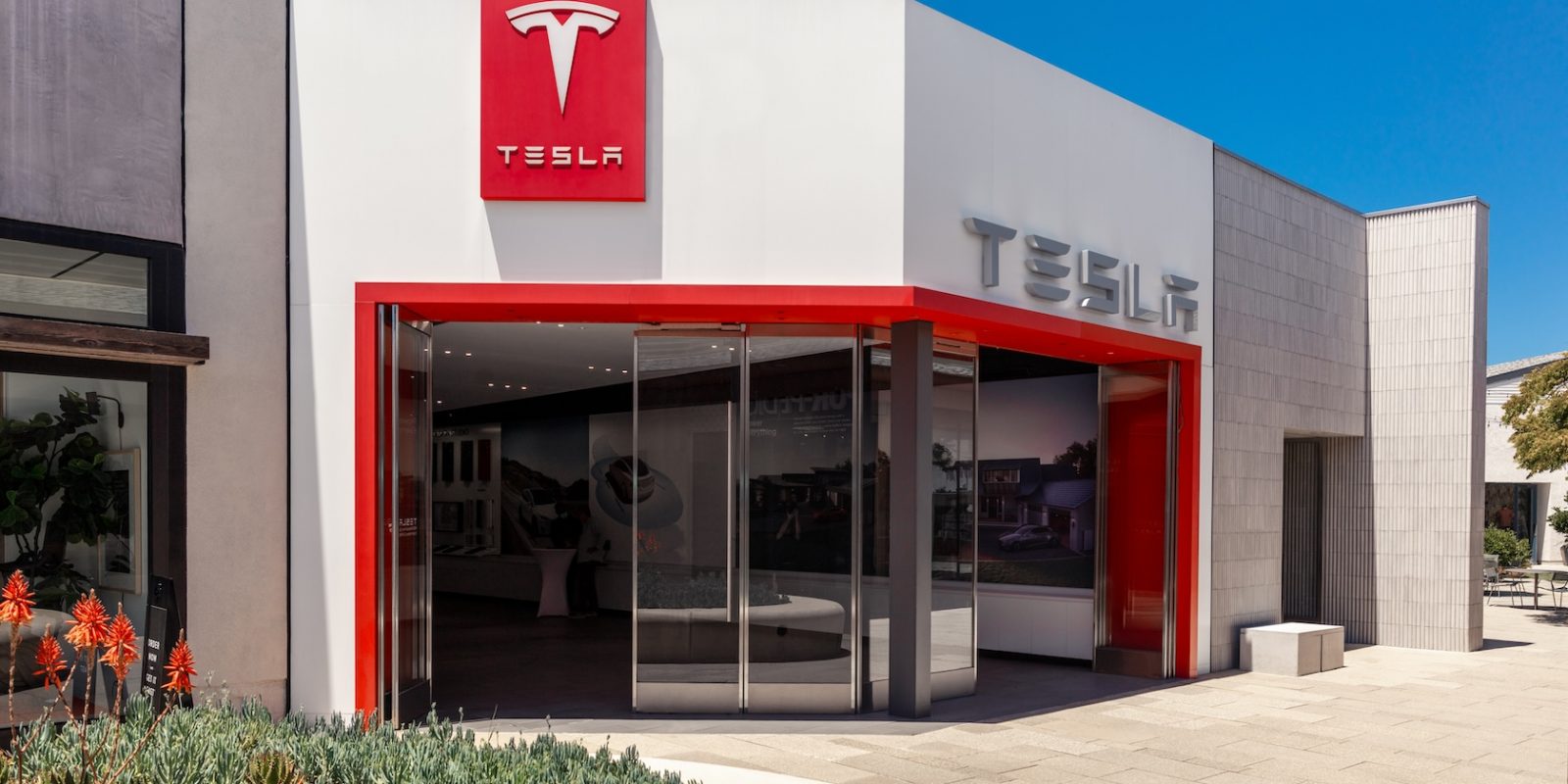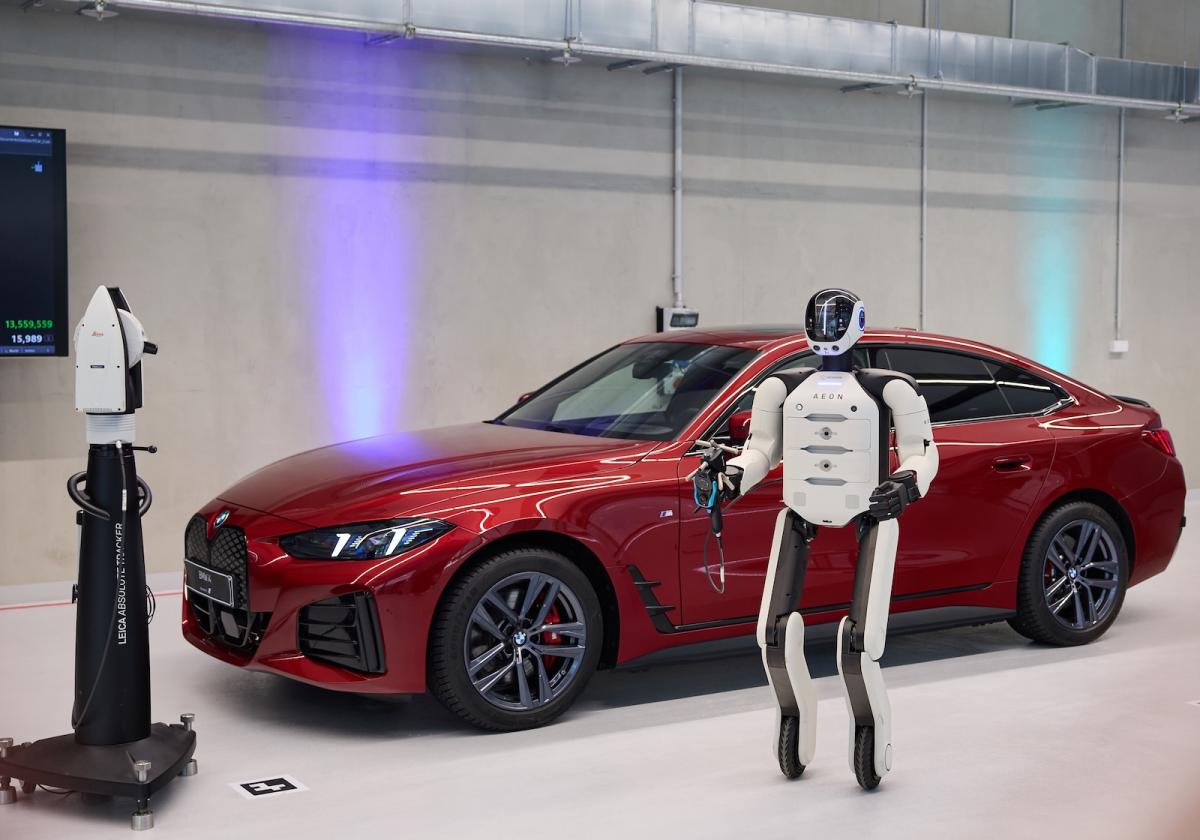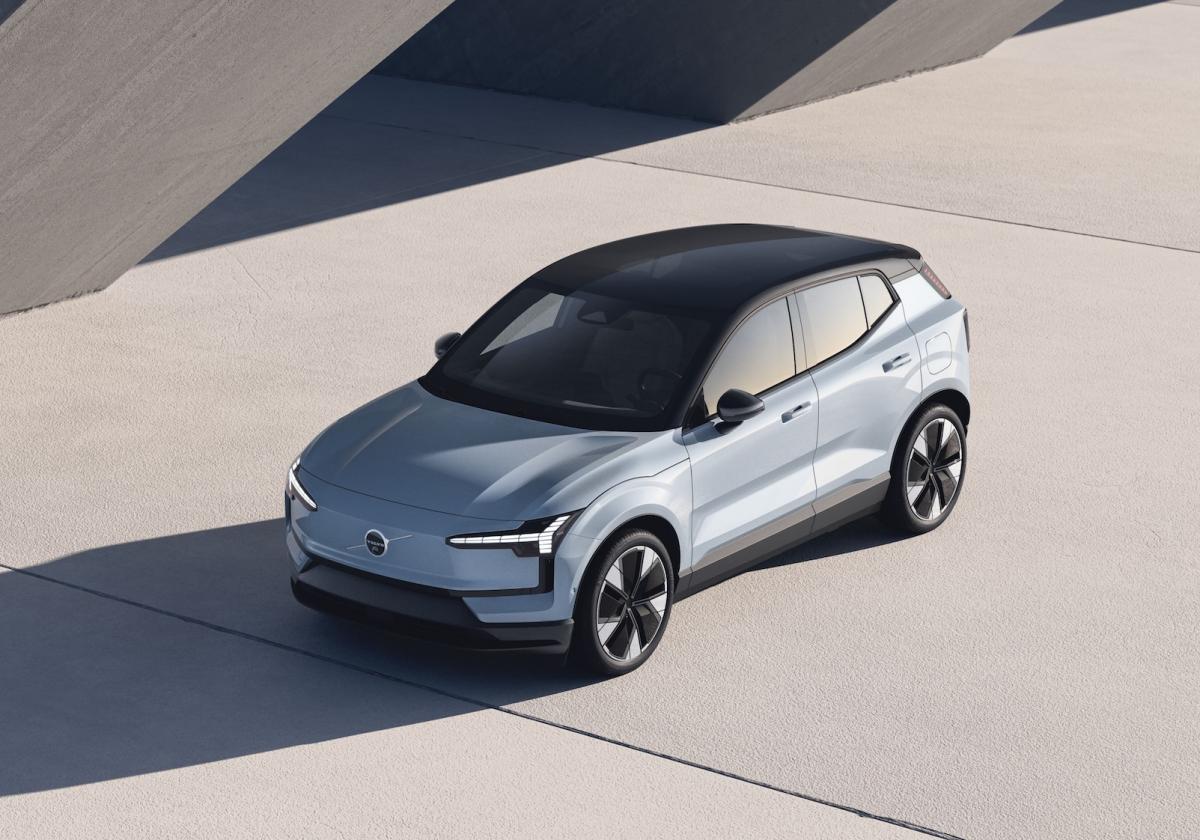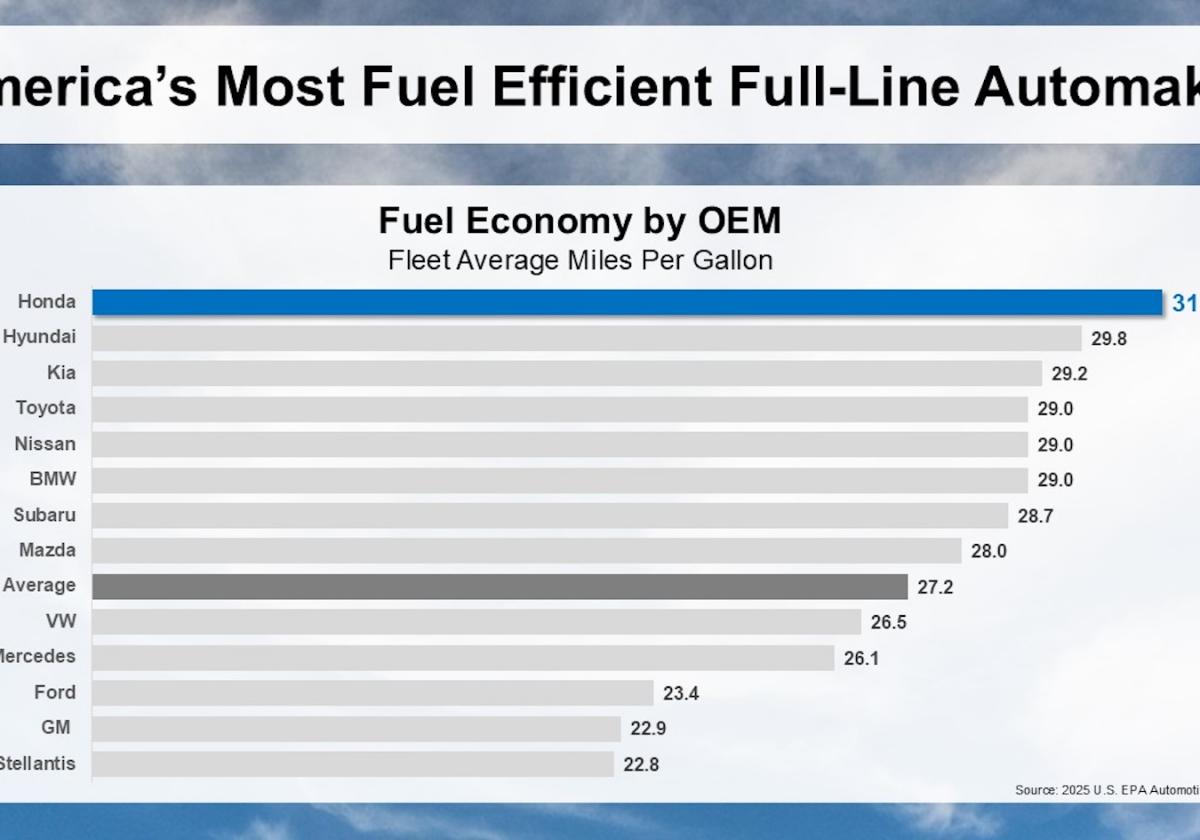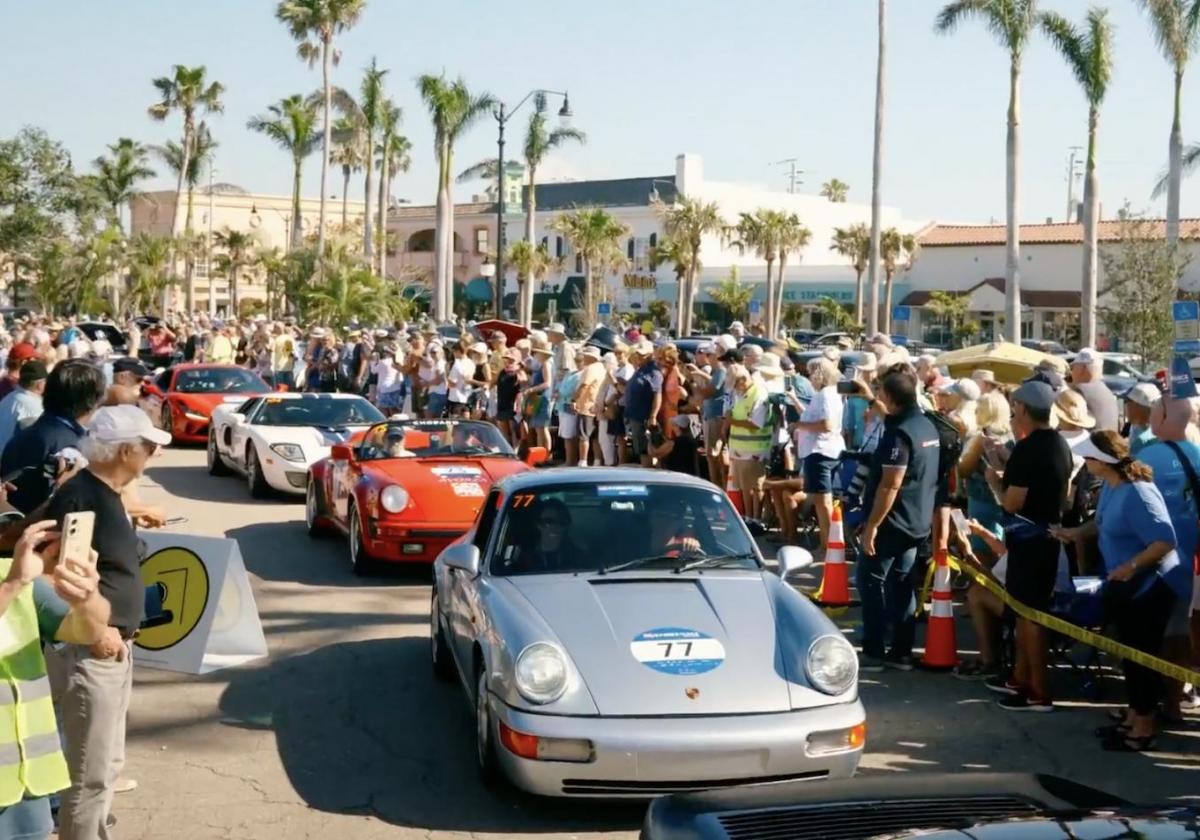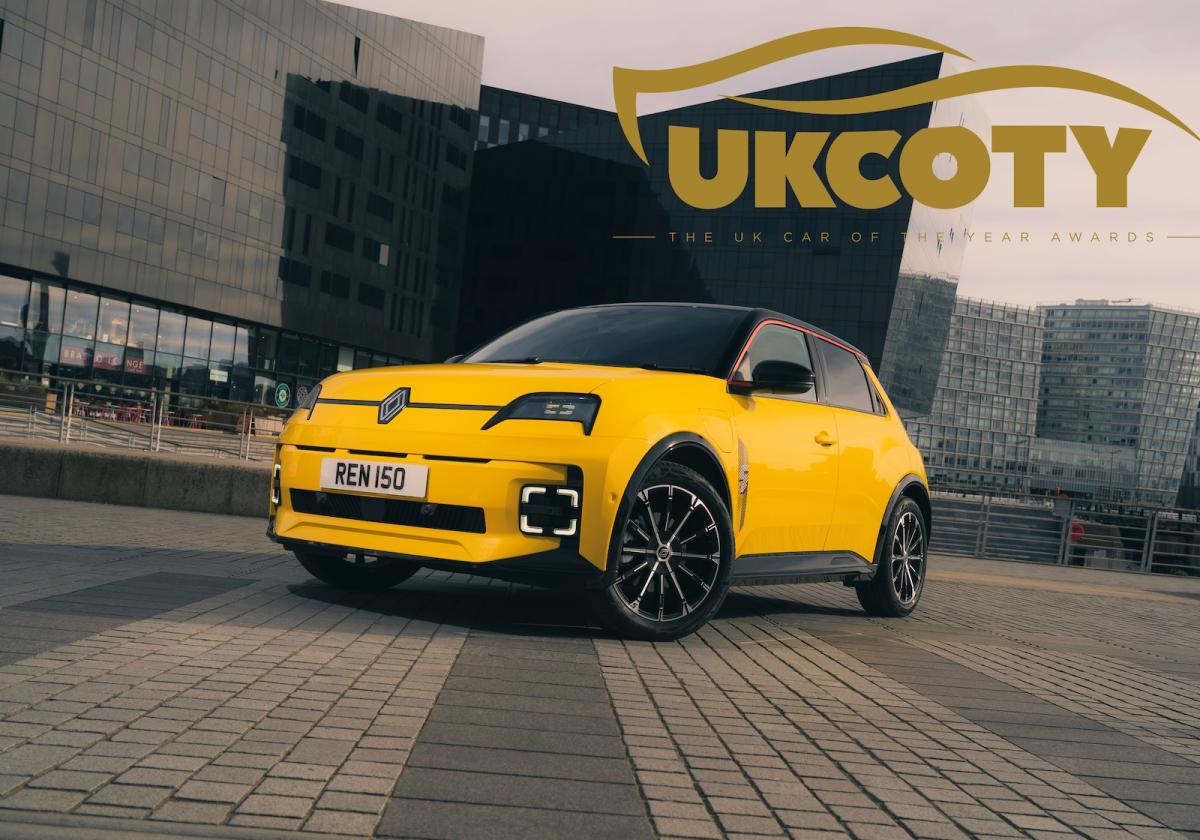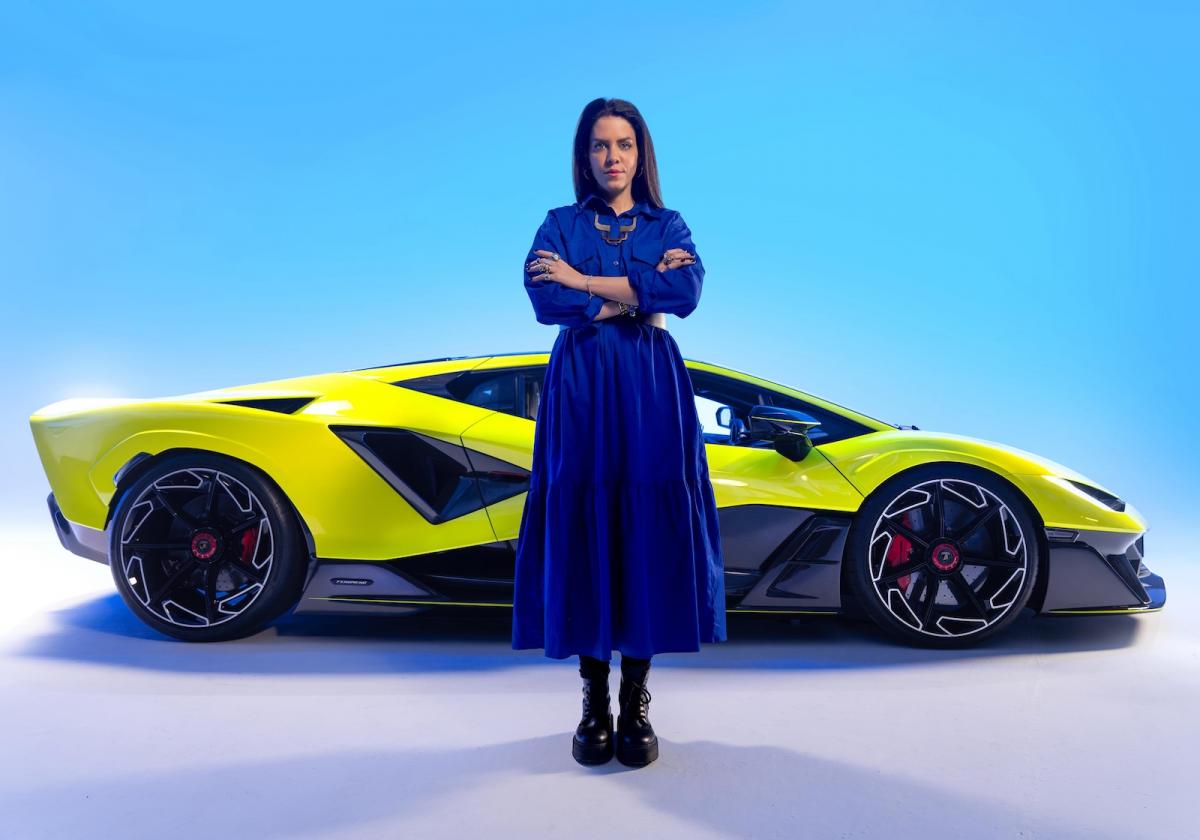In a recent tweet, Tesla CEO Elon Musk stated “I am uncomfortable growing Tesla to be a leader in AI & robotics without having ~25% voting control. Enough to be influential, but not so much that I can’t be overturned. Unless that is the case, I would prefer to build products outside of Tesla. You don’t seem to understand that Tesla is not one startup, but a dozen. Simply look at the delta between what Tesla does and GM. As for stock ownership itself being enough motivation, Fidelity and other own similar stakes to me. Why don’t they show up for work?”
Based on the tweet, it seems Elon Musk is referring to wanting 25% voting control, not necessarily 25% ownership, in Tesla. A few key phrases support this:
- He says “25% voting control”. This directly states he wants 25% of the voting power.
- He talks about having enough control to be “influential” but still able to be “overturned”. This suggests he wants voting power, but not complete unilateral control. 25% would allow him to have a strong voice but not total control.
- He contrasts his desired voting power with the ownership stakes of passive investors like Fidelity. The difference is they own shares but do not actively participate in voting or management.
So in summary, he wants 25% of the voting rights in order to have an influential but not totally controlling stake in determining the direction of Tesla. The ownership percentage itself seems less relevant to him – it’s the voting power that he explicitly states is important. Is this the right take? I’m not sure as I am reading tea leaves without Elon clarifying his statement.
Update with Elon’s additional comment: “I should note that the Tesla board is great. The reason for no new “compensation plan” is that we are still waiting for a decision in my Delaware compensation case. The trial for that was held in 2022, but a verdict has yet to be made. I put “compensation plan” in quotes, because, from my standpoint, this is primarily about ensuring the right amount of voting influence at Tesla. If I have 25%, it means I am influential, but can be overridden if twice as many shareholders vote against me vs for me. At 15% or lower, the for/against ratio to override me makes a takeover by dubious interests too easy. I would be fine with a dual class voting structure to achieve this, but am told it is impossible to achieve post-IPO in Delaware.”
This verifies Elon Musk is seeking more control over Tesla rather than greater ownership. Tesla has two main options to grant him that control – grant Musk with additional shares contingent on meeting specific performance metrics, or Tesla could repurchase shares and therefore reduce number of outstanding shares.

